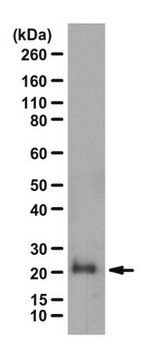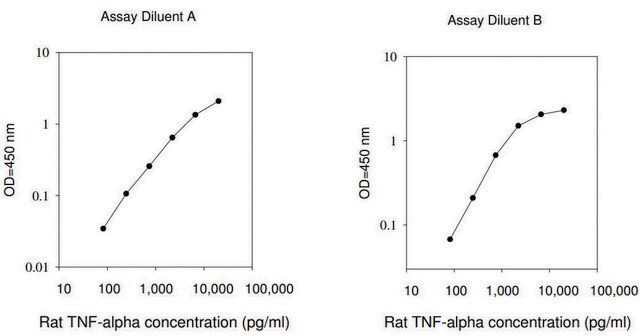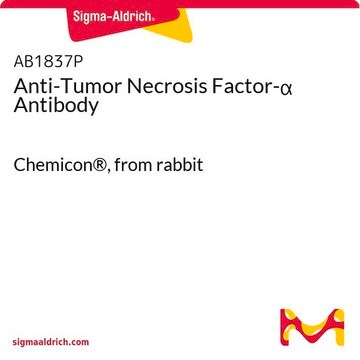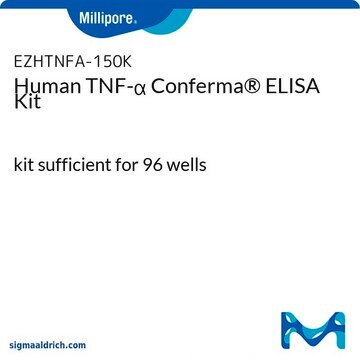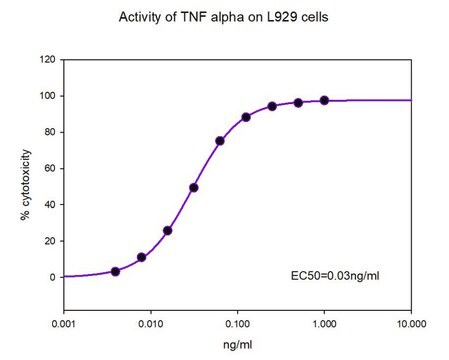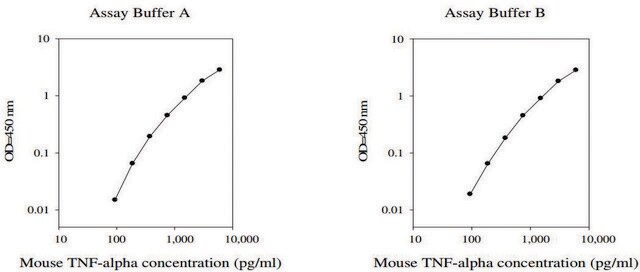05-822
Anti-Rho (-A, -B, -C) Antibody, clone 3L74, rabbit monoclonal
clone 3L74, Upstate®, from rabbit
Sign Into View Organizational & Contract Pricing
All Photos(1)
About This Item
UNSPSC Code:
12352203
eCl@ss:
32160702
NACRES:
NA.41
clone:
3L74, monoclonal
application:
WB
species reactivity:
rat, human
technique(s):
western blot: suitable
citations:
5
Recommended Products
biological source
rabbit
Quality Level
antibody form
purified antibody
antibody product type
primary antibodies
clone
3L74, monoclonal
species reactivity
rat, human
manufacturer/tradename
Upstate®
technique(s)
western blot: suitable
isotype
IgG
NCBI accession no.
UniProt accession no.
shipped in
wet ice
target post-translational modification
unmodified
Gene Information
human ... RHOA(387)
Specificity
Broad species cross-reactivity expected based on sequence homology
Recognizes Rho (-A, -B, -C)
Immunogen
KLH-conjugated, synthetic peptide (SYPDTDVILMCFSIDSPDSLENKK) corresponding to amino acids 73-94 of human Rho (-A, -B, -C), with two terminal lysines added to increase peptide solubility
Application
Anti-Rho (-A Antibody, -B, -C), clone 3L74 is an antibody against Rho (-A, -B, -C) for use in WB.
Research Category
Signaling
Signaling
Research Sub Category
Cytoskeletal Signaling
Cytoskeletal Signaling
Quality
routinely evaluated by immunoblot on modified RIPA lysates from HL-60 cells
Target description
Mr 22kDa
Physical form
Format: Purified
Protein A purified
Storage and Stability
Stable for 2 years at -20°C from date of shipment
Legal Information
UPSTATE is a registered trademark of Merck KGaA, Darmstadt, Germany
Disclaimer
Unless otherwise stated in our catalog or other company documentation accompanying the product(s), our products are intended for research use only and are not to be used for any other purpose, which includes but is not limited to, unauthorized commercial uses, in vitro diagnostic uses, ex vivo or in vivo therapeutic uses or any type of consumption or application to humans or animals.
Not finding the right product?
Try our Product Selector Tool.
Storage Class Code
10 - Combustible liquids
WGK
WGK 1
Certificates of Analysis (COA)
Search for Certificates of Analysis (COA) by entering the products Lot/Batch Number. Lot and Batch Numbers can be found on a product’s label following the words ‘Lot’ or ‘Batch’.
Already Own This Product?
Find documentation for the products that you have recently purchased in the Document Library.
Kyucheol Cho et al.
Journal of cell science, 123(Pt 23), 4128-4144 (2010-11-11)
In common with other p120-catenin subfamily members, Xenopus ARVCF (xARVCF) binds cadherin cytoplasmic domains to enhance cadherin metabolic stability or, when dissociated, modulates Rho-family GTPases. We report here that xARVCF binds and is stabilized by Xenopus KazrinA (xKazrinA), a widely
D T Denhardt
The Biochemical journal, 318 ( Pt 3), 729-747 (1996-09-15)
The features of three distinct protein phosphorylation cascades in mammalian cells are becoming clear. These signalling pathways link receptor-mediated events at the cell surface or intracellular perturbations such as DNA damage to changes in cytoskeletal structure, vesicle transport and altered
Prognostic value of rho GTPases and rho guanine nucleotide dissociation inhibitors in human breast cancers.
Jiang, Wen G, et al.
Clinical cancer research : an official journal of the American Association for Cancer Research, 9, 6432-6440 (2003)
S Vincent et al.
Molecular and cellular biology, 17(4), 2247-2256 (1997-04-01)
The Ras-related Rho family GTPases mediate signal transduction pathways that regulate a variety of cellular processes. Like Ras, the Rho proteins (which include Rho, Rac, and CDC42) interact directly with protein kinases, which are likely to serve as downstream effector
Stanislav Kholmanskikh et al.
Scientific reports, 12(1), 16493-16493 (2022-10-04)
Regulation of Rho GTPases remains a topic of active investigation as they are essential participants in cell biology and the pathophysiology of many human diseases. Non-degrading ubiquitination (NDU) is a critical regulator of the Ras superfamily, but its relevance to
Our team of scientists has experience in all areas of research including Life Science, Material Science, Chemical Synthesis, Chromatography, Analytical and many others.
Contact Technical Service